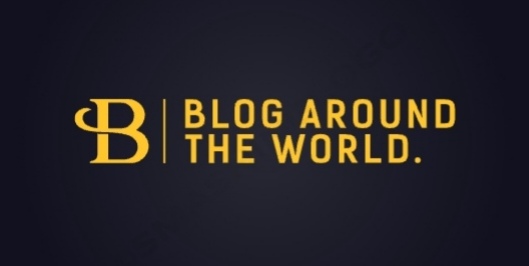Christopher Columbus: A Voyage of Discovery and Historical Impact
Christopher Columbus was a famous Italian explorer, born around 1451 in the ancient maritime Republic of Genoa (located today in Italy). Columbus led several important voyages in the late 15th century, aiming to search for western sea routes to Asia, but instead discovered the Americas.
Christopher Columbus grew up in a maritime environment, and had knowledge of the secrets of sea navigation through his work as a sailor. In the Renaissance period, sailors were looking for alternative routes to trade with Asia after the fall of Constantinople in 1453.
1. His sea trips:
First voyage (1492):
In 1492, Columbus sailed after receiving support from Spain, where his main goal was to reach India. He eventually reached the Bahamas in the Caribbean Sea.
Second journey (1493-1496):
Columbus led a second voyage to the Caribbean and Central America, which led to the discovery of many new islands and coasts.
The third voyage (1498-1500):
Columbus headed south to the southern coast of America and explored the Caribbean islands more deeply.
Fourth voyage (1502-1504):
This trip was subject to investigations and conflicts with the Spanish administration, and was not as successful as previous trips.
2. Cultural influence:
Columbus' discovery spread to Europe and brought about major changes in geographical and economic thinking. Contact between the two worlds also led to cultural exchange, but also to the transmission of diseases and conflicts.
3. Achievements:
The discovery of America had enormous strategic and economic importance.
- His travels expanded the maritime and commercial horizons of the world.
4. Criticisms:
Columbus' transgression into the Americas was not intentional, but it led to colonization and attacks on indigenous people.
- He was accused of causing great suffering to indigenous people, including slavery and disease.
At the end of Christopher Columbus's life's journey, we find before us a history full of discoveries and challenges. Columbus was a visionary and pioneer, seeking new sea routes to trade with Asia, but he discovered new worlds across the Atlantic.
Columbus's life is a story of determination and adventure, as he led his sea voyages with skill and courage, defying investigations and hardships. He discovered America, and despite his great importance in expanding maritime and geographical horizons, his legacy raises questions about the impact of colonialism and cultural changes.
Columbus, who set out on his voyages in search of the East and discovered the West, remains a historical figure who carries with him contradictions of success and challenges. Its history looks at the great effects that willpower and the desire to explore a new horizon can have, and at the same time, it reminds us of the ethical and social challenges that may arise from such explorations.
In the end, Columbus's life remains part of a historical puzzle, which left its mark on the world map and opened a new horizon for humanity to explore and understand.


No comments:
Post a Comment